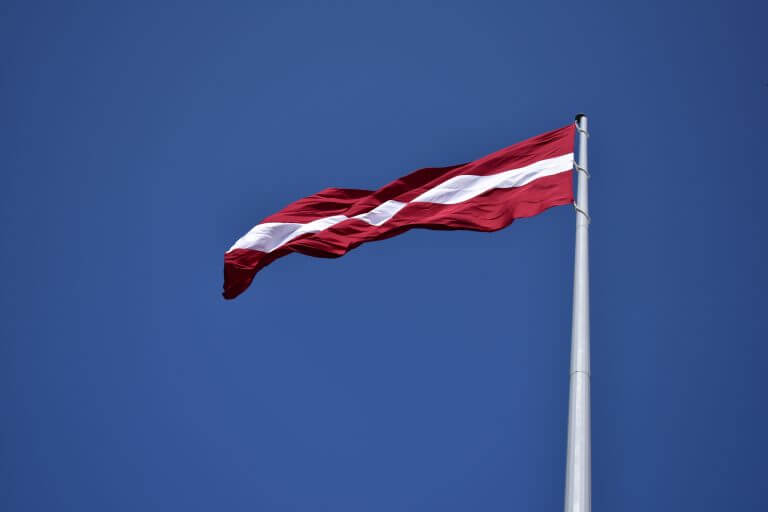
“A hundred reasons” why the Romanian government cannot cope with high fuel prices

At the start of June, petrol prices in Romania almost quadrupled. Fuel prices went up in practically every area of the country, with price rises recorded even at petrol stations that receive special state preferences. As in any other crisis situation, the government tried to absolve itself of responsibility for this and justified that it couldn’t do anything as the situation was due to the rising cost of hydrocarbons on world markets, as well as the introduction of the new economic sanctions against Russia by the European Union and the USA, which Romania is not able to influence in any way.
Drivers did not particularly appreciate these excuses. On the 13th of June, they staged a major protest in the form of an “Italian strike”. Hundreds of drivers gathered at petrol stations to fill up with 1 leu. The protests took place in Constanta, Botoșani and Târgu Jiu. A similar action also took place on the 18th of June in Constanta, where several streets were completely blocked and traffic was paralyzed near petrol stations because of the drivers’ actions. Drivers filled up literally by a few drops of fuel and paid by card. The car owners have threatened an even larger protest on 30th June, which could involve 80,000 to 100,000 people across the country.
Politicians started discussing the possibility of price regulation only after these threats. So far, however, it has been limited to populist statements, where the opposition is trying to gain political capital from criticizing the government. For instance, the leader of the Social Democratic Party (PSD), Ion Marcel Ciolacu, attributed the rapid increase in fuel prices to speculation and called for price controls. He did not forget to put the blame on his partners in the ruling coalition – the National Liberal Party (PNL) and the Democratic Alliance of Hungarians in Romania (RMDSZ). According to him, they are the ones who are not making the right decisions. In his response, Prime Minister Nicolae Ciucă at a government meeting ordered an investigation into the spike in fuel prices. But no real steps have been taken in a long time.
It was only on 22nd June that the Romanian Cabinet of Ministers announced the launch of an ambitious programme to stabilize petrol, gas and diesel prices. More than USD 2 billion is to be allocated from the state budget in the near future. It is assumed that the relevant funds will be distributed among the largest energy companies in the country. The question then arises – shouldn’t we simply impose price ceilings, as is done in many neighbouring countries, such as Hungary? Is it necessary to spend the budget to enrich the owners of the fuel companies?
Here, the government has an ironclad explanation as to why this cannot be done. Deputy Prime Minister Kelemen Hunor argues that fuel prices in Hungary can be capped because the Hungarian state is the majority shareholder of MOL, which owns about 80% of the oil industry. According to him, the Romanian state has no such option because it does not own a controlling stake in oil companies. Asked whether the limitation of profits of energy corporations could be regulated by law, Kelemen said that at some point it would be possible, but then there would be “brutal” interference in the market. For the current government, which is capable of taking cautious and obvious steps only under public pressure, protecting abstract “market principles” and the interests of big capital is more important than the welfare of the Romanian citizen.
